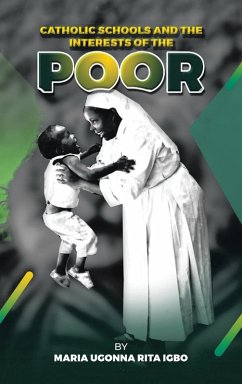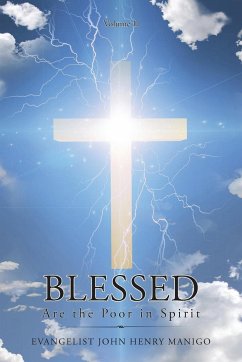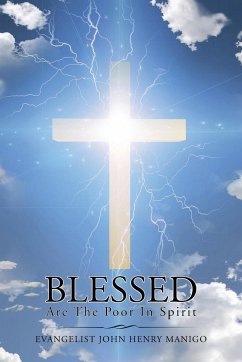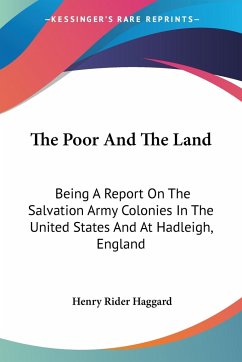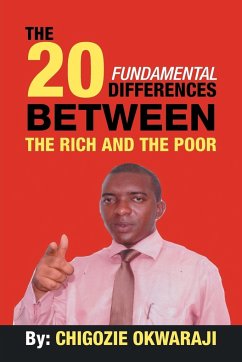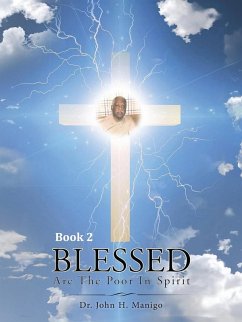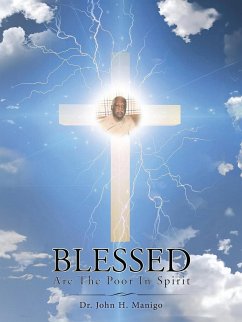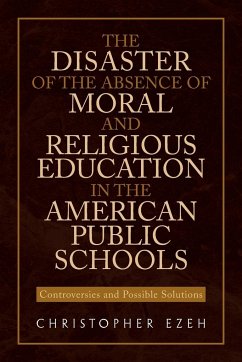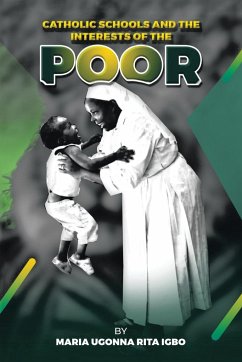
Catholic Schools and the Interests of the Poor
Versandkostenfrei!
Versandfertig in 1-2 Wochen
21,99 €
inkl. MwSt.
Weitere Ausgaben:

PAYBACK Punkte
11 °P sammeln!
The inspiration behind this book emanated from earlier doctoral research that focused on the preferential option for the poor. Subsequent reflections focused more on the idea of religious schools subsidizing fees for poor children. The question is, How can the schools get the funding to offer free education or subsidize fees for the children? How does this reflect on each school's mission integrity? These questions have preoccupied the thoughts of the author for a long period. The Catholic schools in Nigeria are categorized as private schools and are perceived to be expensive. However, people ...
The inspiration behind this book emanated from earlier doctoral research that focused on the preferential option for the poor. Subsequent reflections focused more on the idea of religious schools subsidizing fees for poor children. The question is, How can the schools get the funding to offer free education or subsidize fees for the children? How does this reflect on each school's mission integrity? These questions have preoccupied the thoughts of the author for a long period. The Catholic schools in Nigeria are categorized as private schools and are perceived to be expensive. However, people who have these views can hardly understand that most Catholic schools in Nigeria do not receive subsidies from the government at all levels, in contrast to the schools in countries such as Belgium, Germany, New Zealand, the Netherlands, England, Scotland, and Ireland, where Catholic schools receive significant support from public funds. The argument for the high fees is that lay teachers have to be well paid to enable them to function effectively and selflessly. There is also the need for an efficient supply of quality educational facilities and maintenance of school infrastructure. Therefore, if Catholic schools are expensive, the Church will be failing in its duty to offer educational services to the poor and to those who suffer from deprivation. These issues have been carefully analysed and dealt with in this book, and some suggestions are proffered that can help the schools to maintain their mission integrity in dealing with the principle of the preferential option for the poor. This book beseeches Catholic school board members, other Christian denominations and religious organizations, non-governmental organizations, philanthropists, individuals, and other interested parties to come to the aid of the poor by using education as an instrument.





